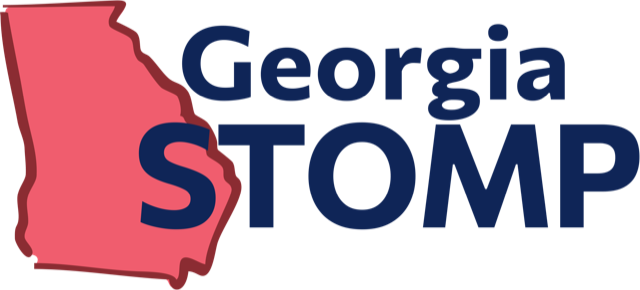Period Poverty: An Old Stigma With New Awareness

Today’s blog was written by Bridgette Watson, Board Member of the
Period Poverty. Maybe you have recently heard this term that is gaining national attention. For many readers, this is the first time they are hearing this term. So what exactly does period poverty mean? In short, period poverty refers to a lack of access to feminine hygiene products due to financial constraints. In a recent survey by Always*, “nearly one in 5 American girls and one in seven Canadian girls have either left school early or missed school entirely because they did not have access to period products.” These are just our school-aged girls. This does not account for the number of women living in poverty who are also affected by this monthly. Poverty affects women in the U.S at an alarming rate. According to a report from Shriver, roughly 42 million women live in or close to poverty. Yet most programs designed to help low-income families, including Medicaid, SNAP, and WIC, exclude menstrual products, even though the FDA considers them “medical products.” There are many areas in which period poverty is prevalent in our society. In the workplace, in our schools, with women facing homelessness, our women who are incarcerated, to just name a few. This is why the term Period Poverty is so important. It is a healthcare crisis that has for years flown under the radar. There has long been a stigma around female menstruation, and that is something that The Homeless Period Project and many other advocacy groups who are fighting period poverty are trying to educate the public on and erase.
You may also be asking yourself, “Is this really an issue in OUR community?” More than likely, yes. Period poverty affects someone in your own community. In Greenville, South Carolina, we were shocked to learn of the dire need for feminine products.
What started out as a small mission to provide products to our homeless community, leading to to calls from all across the county that stretched from shelters, to free medical clinics, to our school nurses calling in desperate need for products. Since 2015, we have been able to provide over 230,000 period packs. So yes, the need is GREAT!
What can you do to help those fighting period poverty? Help spread the word! Lack of awareness is one of our biggest hurdles. Find out if there is a local coalition working to help spread awareness about period poverty in your community, and if so, send them a quick email asking how you can help!
Also, become aware of how your state taxes period products. Every state is different. You may be lucky enough to live in a state in which the tax has been removed (Alaska, Delaware, Montana, New Hampshire, and Oregon do not have a sales tax), and as of November 2018, ten states specifically exempted essential hygiene products (Connecticut, Florida, Illinois, Maryland, Massachusetts, Minnesota, New Jersey, New York, Nevada, and Pennsylvania). If you live in a state in which period products are taxed, find out if your local coalition is working on a project to help remove that tax, and if not, there is no better person to start that fight than you!
We in SC are in the process of starting that fight for the removal of the 6% tax on period products. Even in our state, during tax free weekend, period products are still NOT exempt under the current law! We know it may be an uphill battle that will take some time, but we are committed to fighting the fight and helping our women and girls get relief at the checkout when it comes to purchasing these items. We know for many, a $5-$6 box of tampons or pads is also the price of milk or another necessity they are having to choose between.
For us, this is not just a social issue. We are working to bring dignity back to those who have long struggled with the stigma surrounding their periods. This is a fight we plan to be a part of for the long haul. We hope you will join us!
Bridgette Watson
The Homeless Period Project
Follow along on Facebook or Instagram
PS: The Homeless PERIOD Project is excited to announce we are a part of a documentary series, Breaking the Cycle: Menstrual Taboos, Myths and Reality. The director, Nancy Durrell McKenna, is the founder and director of SafeHands for Mothers and the film was produced by Deborah Bayer Marlow of MarlowFilms (http://www.marlowfilm.dk). The objective of the film is to hear the voices of individuals from 7 different countries (girls, boys, men and women) from varying cultures, addressing a different aspect of the challenges surrounding menstruation in their culture or experience. Through their stories viewers will be made aware of the taboos, cultural issues and/or celebrations around menstruation that have an effect on lives around the world.
